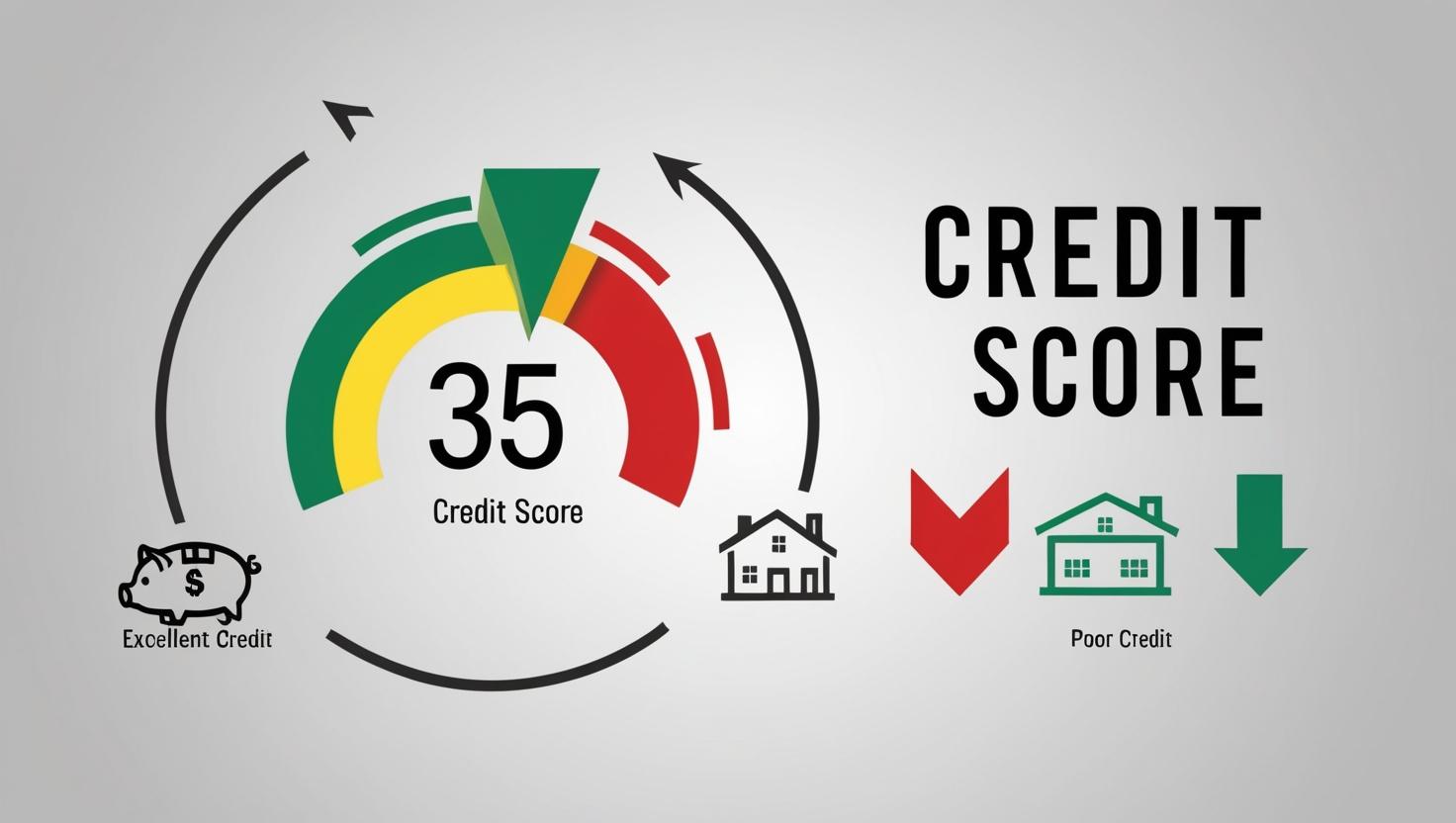A high credit score can open doors to better financial opportunities, such as lower interest rates, higher credit limits, and easier loan approvals. But how do you build and maintain a strong credit score? Whether you’re starting from scratch or looking to improve your existing score, this guide will help you achieve financial success.
What Is a Credit Score and Why Is It Important?
A credit score is a numerical representation of your creditworthiness, based on your borrowing and repayment history. Lenders use it to decide whether to approve loans and credit cards, as well as to determine interest rates.
Benefits of a High Credit Score:
✅ Lower interest rates on loans and credit cards
✅ Higher credit limits
✅ Better chances of mortgage and auto loan approvals
✅ Easier approval for apartment rentals
✅ Access to premium credit cards with better rewards
✅ Possible discounts on insurance rates
Now, let’s explore the best strategies to build and maintain a high credit score.
1. Pay Your Bills on Time – Every Time
Your payment history is the most important factor in your credit score. Late payments can severely damage your score, while consistent on-time payments help it grow.
Tips for Timely Payments:
- Set up automatic payments or reminders.
- Always pay at least the minimum due (but full payments are better).
- Avoid missing due dates by aligning them with your paycheck schedule.
Even a single late payment can lower your score, so make timely payments a top priority.
2. Keep Your Credit Utilization Low
Credit utilization refers to how much of your available credit you are using. A high utilization rate can hurt your score.
How to Maintain Low Credit Utilization:
- Keep your usage below 30% of your total credit limit.
- Pay your balance before the statement closing date to report a lower balance.
- Request a credit limit increase but avoid increasing spending.
Example: If you have a $5,000 credit limit, try not to use more than $1,500 at any time.
3. Maintain a Long Credit History
The length of your credit history contributes to your score. Older accounts help establish credibility, so avoid closing old credit cards.
Best Practices:
- Keep your oldest credit accounts open.
- If you need a new credit card, choose one that you can keep long-term.
- Avoid frequently opening and closing accounts.
A long and well-managed credit history proves you are a reliable borrower.
4. Diversify Your Credit Types
Lenders prefer to see a mix of different types of credit, such as:
Credit cards (revolving credit)
Personal or auto loans (installment credit)
Mortgages or student loans
What You Can Do:
- If you only have credit cards, consider adding a small installment loan.
- Avoid unnecessary debt—only open accounts you truly need.
A well-balanced credit profile shows you can handle different types of debt responsibly.
5. Limit Hard Inquiries on Your Credit Report
When you apply for new credit, lenders perform a hard inquiry on your credit report. Too many inquiries in a short period can lower your score.
How to Avoid Excessive Inquiries:
- Only apply for credit when necessary.
- Shop for loans or mortgages within a short time frame (e.g., 14 days), so they count as a single inquiry.
- Prequalify for credit offers before officially applying.
A few inquiries won’t hurt much, but frequent applications can be a red flag to lenders.
6. Regularly Check Your Credit Report
Mistakes on your credit report can lower your score. Check your credit report regularly to ensure all information is accurate.
How to Check Your Credit Report:
- Use free credit report services from major bureaus.
- Look for errors, such as incorrect balances or fraudulent accounts.
- Dispute any inaccuracies immediately.
By monitoring your credit, you can catch and correct mistakes before they affect your score.
7. Use Credit Responsibly Over Time
Building a high credit score doesn’t happen overnight—it requires consistent responsible usage.
Good Habits for Long-Term Success:
- Use your credit card for small purchases and pay it off in full each month.
- Keep old accounts open to maintain a long credit history.
- Avoid unnecessary debt, even if you qualify for a higher credit limit.
Conclusion: Take Control of Your Credit Future
A high credit score is essential for financial freedom and better opportunities. By paying on time, keeping low credit utilization, maintaining long-term accounts, and using credit wisely, you can build a strong score that benefits you for years to come.
Start applying these strategies today, and watch your credit score rise!

